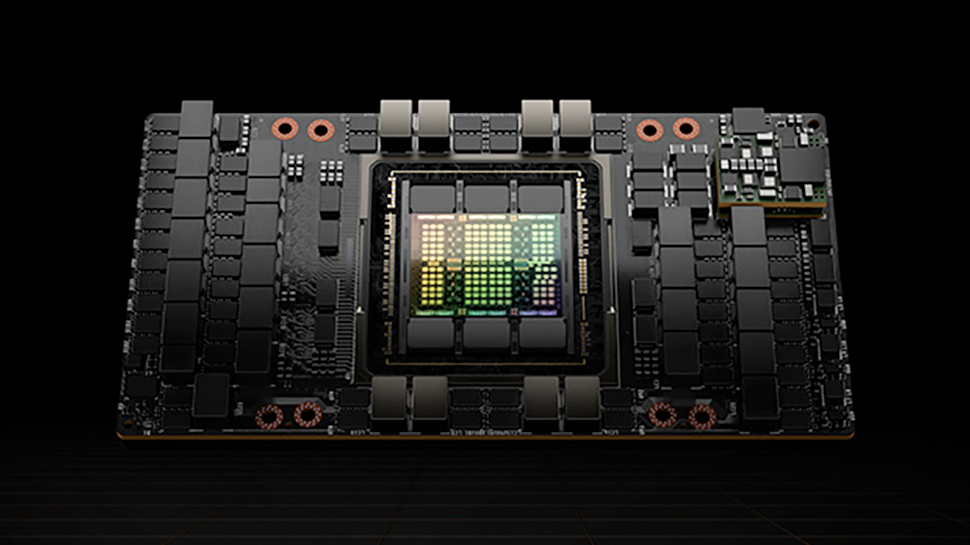The recent AI boom has paid dividends for Nvidia, with the company reportedly shipping 3.76 million data center GPUs in 2023 alone. This is over a million more graphics processors than it shipped to this market in 2022, growing its sales by over 42%. According to HPCwire, these numbers show that Nvidia has retained its 98% market share of the data center GPU market in 2023 from the previous year.
Aside from its lead in the data center market, Nvidia has also cornered 88% of the desktop GPU market, with the next-generation RTX 50-series expected to arrive later this year. Because of this massive demand, the company has seen record growth, with Nvidia hitting $60.9 billion in revenue in 2023 — a full 126% higher than in 2022.
We’ve seen this growth despite the U.S. ban on Nvidia’s exports of AI and other advanced chips to China. Furthermore, the company still had to deal with an AI GPU shortage as TSMC’s output could not keep pace with demand.
Nevertheless, TSMC predicted that Nvidia will become the world’s largest semiconductor firm in 2023. As of 24Q1, Nvidia is already in third place among the world’s most valuable companies and will likely overtake Apple soon.
But even if Nvidia has cornered the data center market, it cannot rest on its laurels. AMD is on track to deliver vastly more power-efficient chips — something that Nvidia’s H100 GPU is struggling with, as it consumes 700 watts when running at capacity. Intel is also touting its Gaudi 3 AI processor which will cost half the price of the H100: a tempting offer for companies that don’t want to spend over $30,000 per H100 card.
Aside from the typical semiconductor firms, we also see data center providers joining in the data center hardware race. Microsoft revealed the Maia 100 GPU last year, which it made for AI applications, and is likely one of the chips it will use in its upcoming $100-billion data center project. Even Amazon and Google have their own homegrown chips, with the former making custom chips for AWS, and the latter planning to use its own data center server processors as early as next year.
However, Nvidia claims that these chips are still not as powerful as its GPUs in AI performance. They won’t be as adaptable, either. So, even though other firms might offer alternatives to Nvidia, the company’s GPUs will likely stay on top in the coming years.










